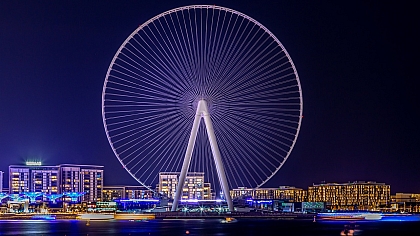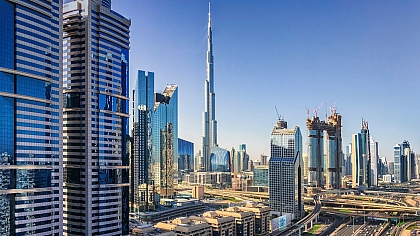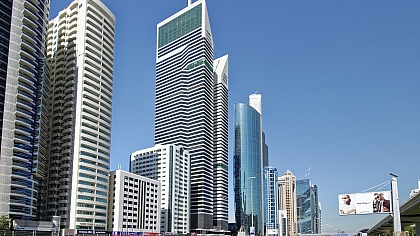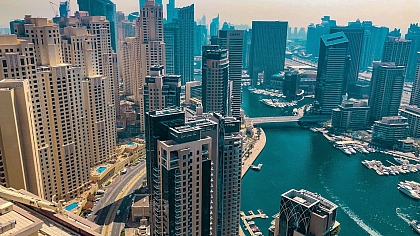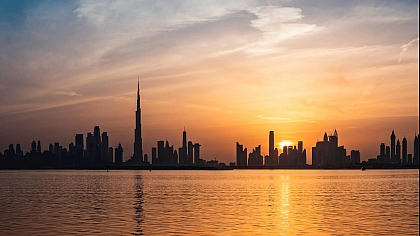
Dubai Travel Tips: Making the Most of Your Arabian Adventure
Dubai, with its iconic skyline and luxurious offerings, beckons travellers from around the globe to experience its unique blend of modernity and tradition.
Embarking on an Arabian adventure in Dubai offers a blend of luxury, culture, and awe-inspiring sights. To ensure a smooth and unforgettable journey, consider these detailed travel tips:
1. Currency and Payments
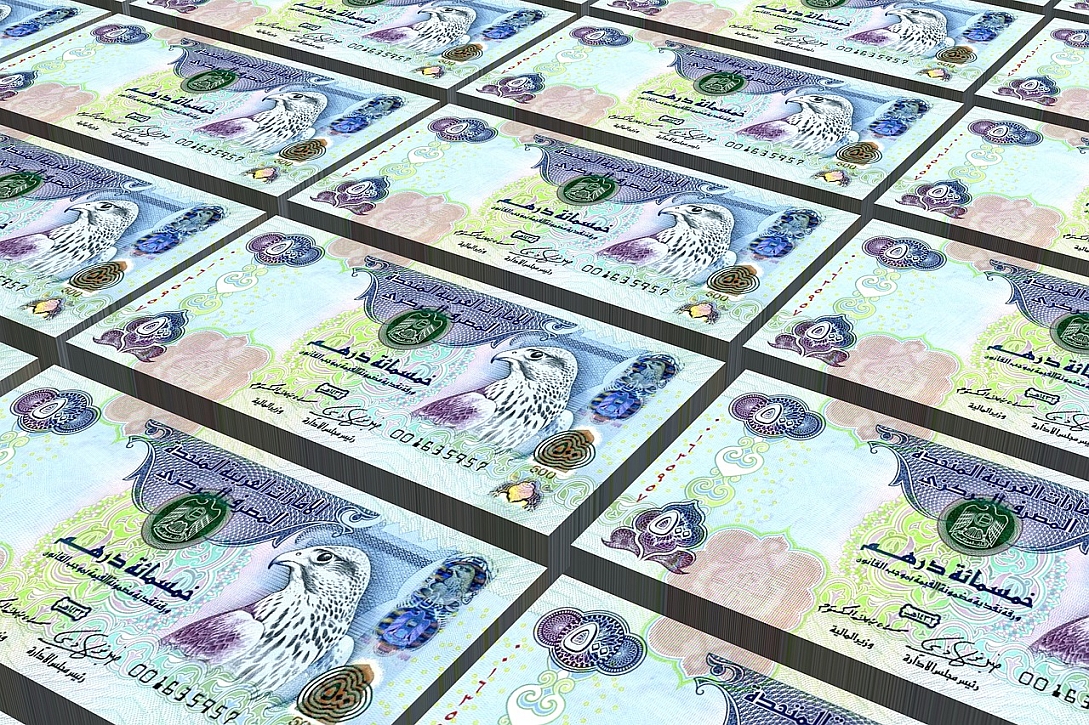
While credit cards are widely accepted, it's beneficial to carry some local currency, especially for small vendors and markets. ATMs are readily available throughout the city for easy cash withdrawals.
2. Language and Communication
English is widely spoken in Dubai, making communication hassle-free. However, learning a few basic Arabic phrases can enhance your interactions and show respect for the local culture.
3. Transportation Insights
Dubai's transportation network is efficient. The Dubai Metro is a cost-effective way to get around, with separate carriages for women and children. Taxis are safe and metered while ride-sharing services provide convenient options.
4. Weather Considerations
Dubai's climate can be extreme. Visit between November and April to experience milder temperatures. During the scorching summer months, stay hydrated, and plan outdoor activities for early mornings or late afternoons.
5. Iconic Landmarks
To enjoy panoramic views from the Burj Khalifa, the world's tallest building, book your tickets online in advance to secure your preferred time slot and avoid long lines.
6. Cultural Etiquette
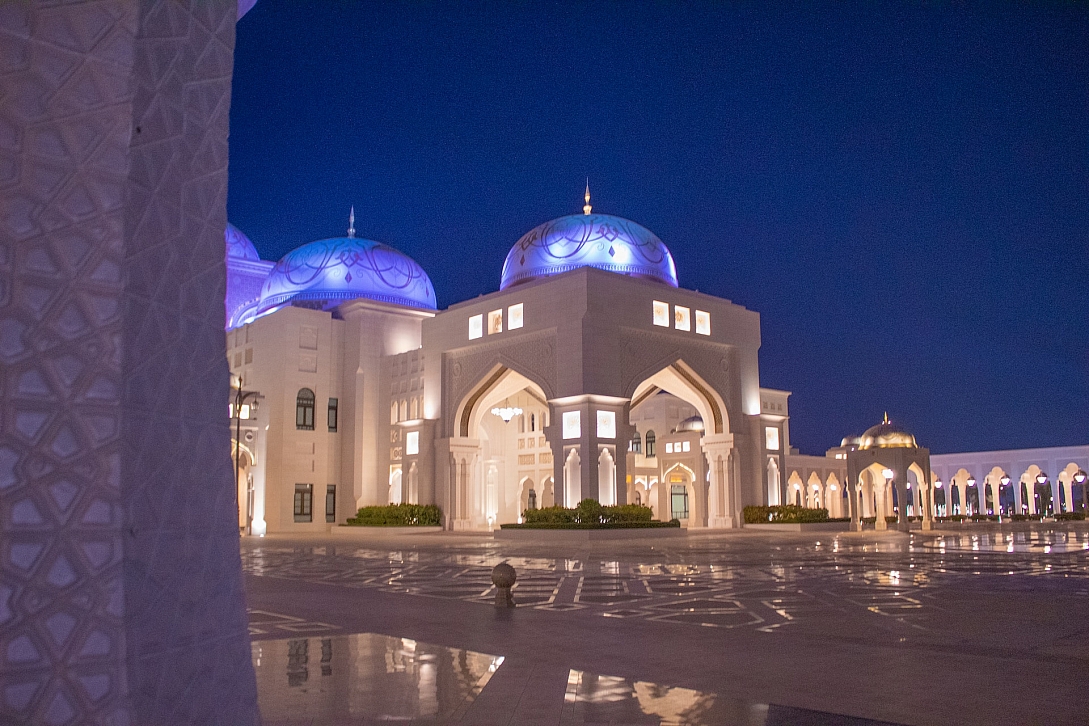
Respect local customs by dressing modestly, especially when visiting mosques and public areas. Public displays of affection should be avoided. During Ramadan, consider that many people are fasting and avoid eating or drinking in public during daylight hours.
7. Tipping and Service Charges
Tipping is customary in Dubai. While many restaurants include a service charge, leaving an additional tip is appreciated, especially for excellent service.
8. Health and Hygiene
Dubai maintains high health and hygiene standards. Tap water is generally safe, but if you prefer bottled water, it's widely available. Many people choose to apply sunscreen, as the sun can be intense, and a thin long-sleeved shirt and trousers can save your skin from burning, unlike going out in the sun with bare arms and legs.
9. Safety Precautions
Dubai is renowned for its safety. However, practice common sense by safeguarding your belongings and being cautious in crowded areas. When crossing roads, use designated pedestrian crossings.
10. Cultural Awareness
Accept items and greet others with your right hand, as the left hand is traditionally considered less clean. When dining, wait for your host to initiate the meal, and always remove your shoes before entering someone's home.
11. Connectivity and Communication
Stay connected with free WiFi available in most hotels, restaurants, and public spaces. Alternatively, consider purchasing a local SIM card for data access during your stay.
12. Planning Attractions
Popular attractions like the Dubai Frame and theme parks can experience high demand. To avoid disappointment, purchase tickets in advance online and plan your visit during off-peak hours.
Dubai's blend of modernity and tradition provides a captivating experience for travellers. By incorporating these detailed travel tips into your Arabian adventure, you'll be well-prepared to navigate the city's offerings, immerse yourself in its cultural treasures, and create memories that will last a lifetime. Enjoy the luxurious marvels, savour the diverse cuisines, and embrace the vibrant atmosphere that Dubai has to offer.
Frequently Asked Questions (FAQs) About Travelling to Dubai
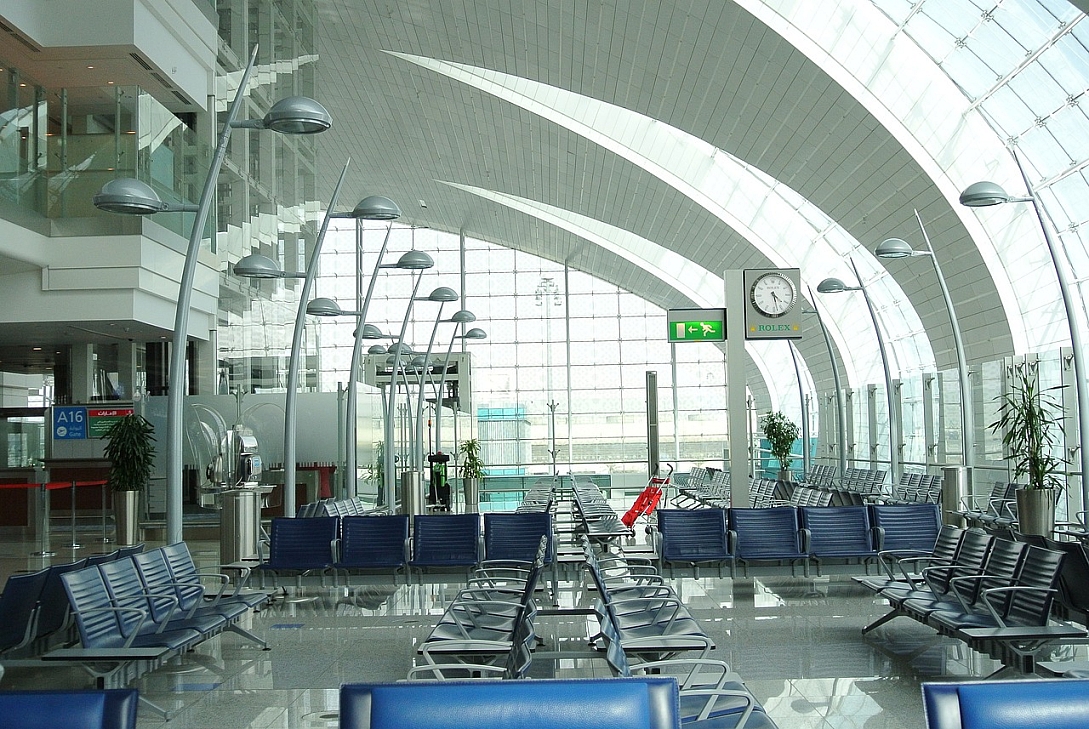
1. Is Dubai a safe destination for travellers?
Yes, Dubai is generally considered a safe destination for travellers. The city maintains a low crime rate and has strict laws and regulations in place. However, as with any destination, it's wise to exercise common sense, be aware of your surroundings, and follow local laws and customs.
2. What is the best time to visit Dubai?
The best time to visit Dubai is during the cooler months, from November to April. The weather is pleasant for outdoor activities and sightseeing during this period. Summers (May to September) are extremely hot, making indoor attractions more appealing.
3. Do I need a visa to enter Dubai?
Visa requirements vary depending on your nationality. Many nationalities can obtain a visa on arrival or through an online application. Check with the UAE embassy or consulate in your country for the most up-to-date visa information.
4. What is the currency used in Dubai?
The currency used in Dubai is the UAE Dirham (AED). It's advisable to have some local currency for small purchases, but credit cards are widely accepted in most establishments.
5. Is it necessary to learn Arabic to visit Dubai?
While Arabic is the official language, English is widely spoken and understood throughout Dubai. It's helpful to know a few basic Arabic phrases, but you can comfortably navigate the city in English.
6. How can I experience traditional Emirati culture in Dubai?
To experience traditional Emirati culture, visit the Al Fahidi Historical Neighborhood (formerly known as Bastakiya), explore local souks (markets), and consider attending cultural events or exhibitions that showcase traditional art, music, and dance.
7. What is the Dubai Shopping Festival?
The Dubai Shopping Festival is an annual event that takes place typically from December to January. It's a shopping extravaganza featuring discounts, promotions, entertainment, and fireworks. It's a great time for visitors to enjoy retail therapy and cultural experiences.
8. Can I use public transportation in Dubai?
Yes, Dubai has an efficient public transportation system. The Dubai Metro and buses are cost-effective and well-connected. Taxis are also readily available, and ride-sharing services are popular.
9. Are there any cultural considerations I should be aware of?
Respect for local customs is important. During Ramadan, avoid eating, drinking, or smoking in public during daylight hours. Fridays are considered a holy day, so some shops and attractions may open later.
10. What are some must-visit attractions in Dubai?
Dubai offers a variety of attractions, including the Burj Khalifa, Dubai Mall, Dubai Marina, Palm Jumeirah, and the historic Al Fahidi District. Desert safaris, indoor skiing, and world-class dining are also popular experiences.
Remember to research specific details related to your travel, such as entry requirements, and local regulations, before your trip.
